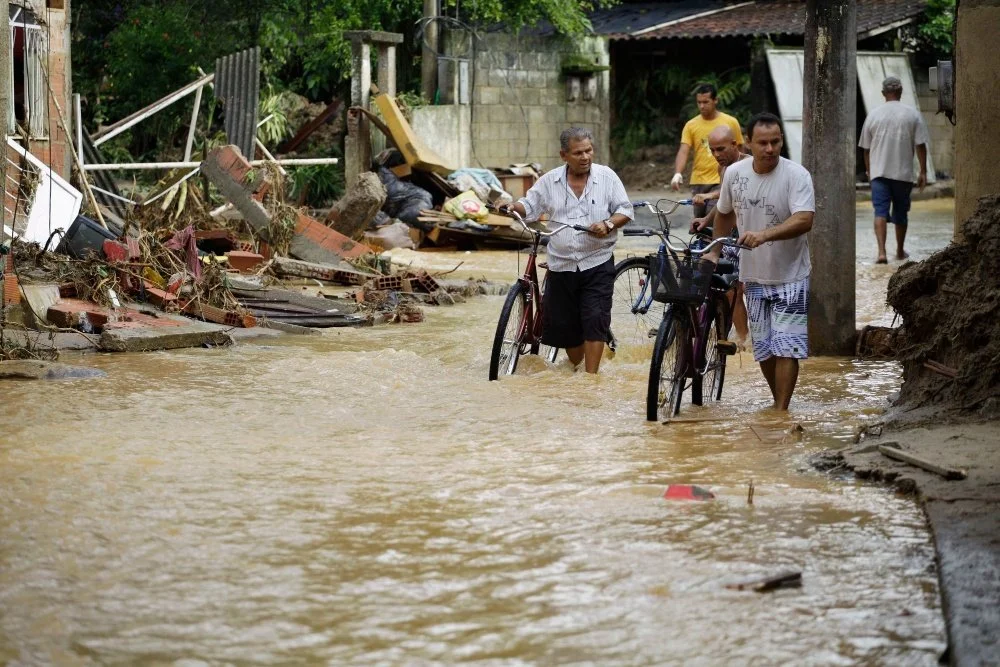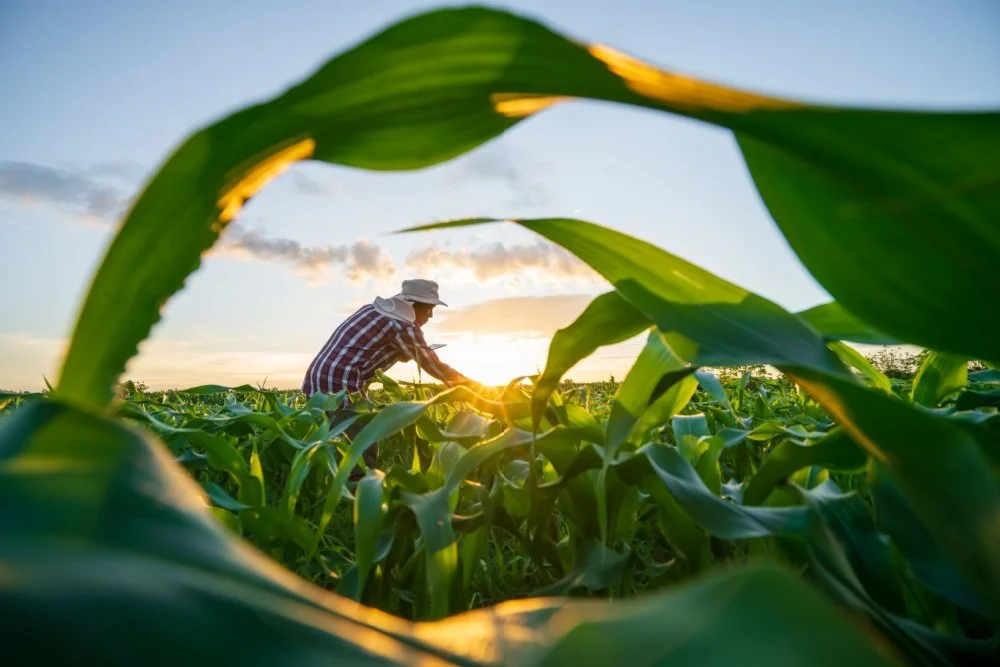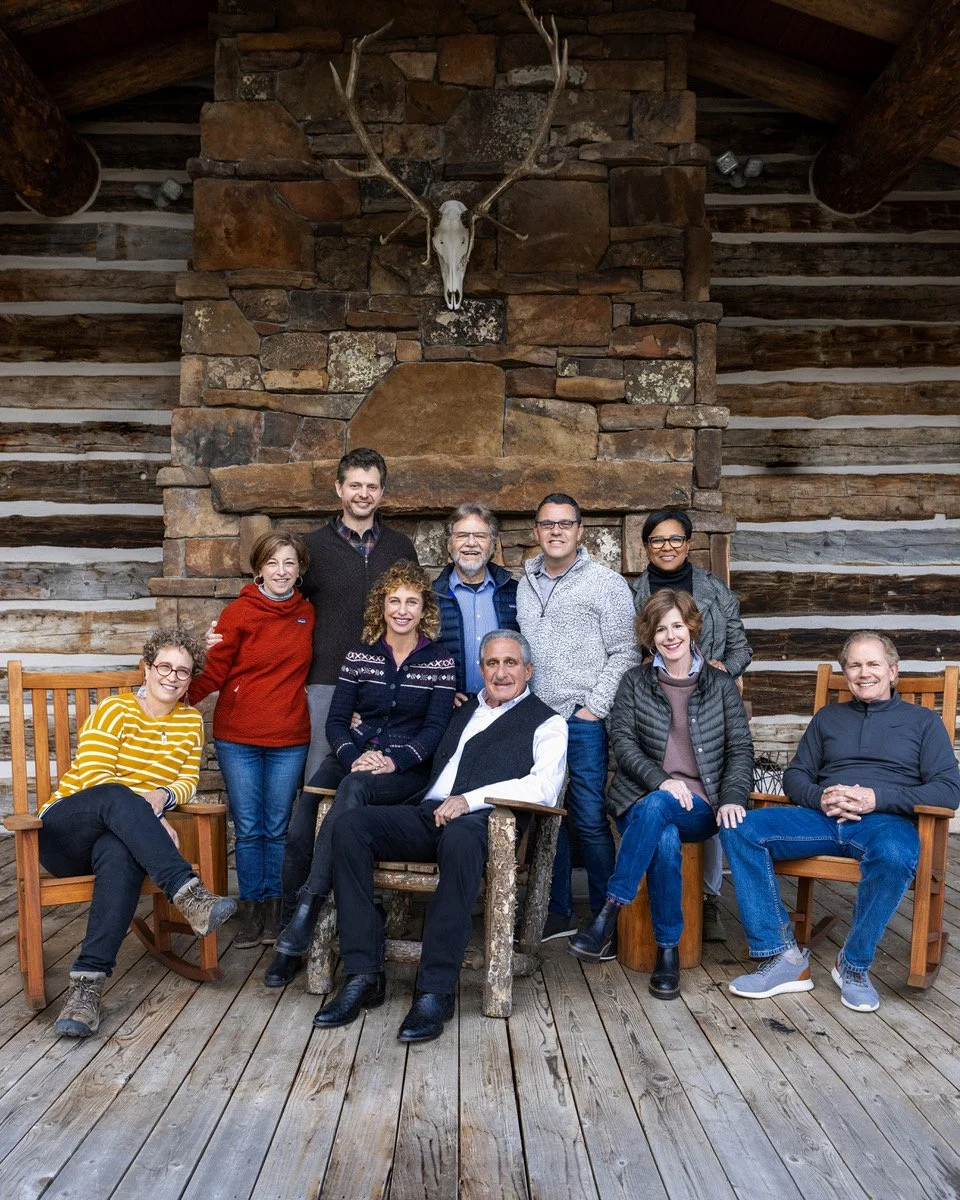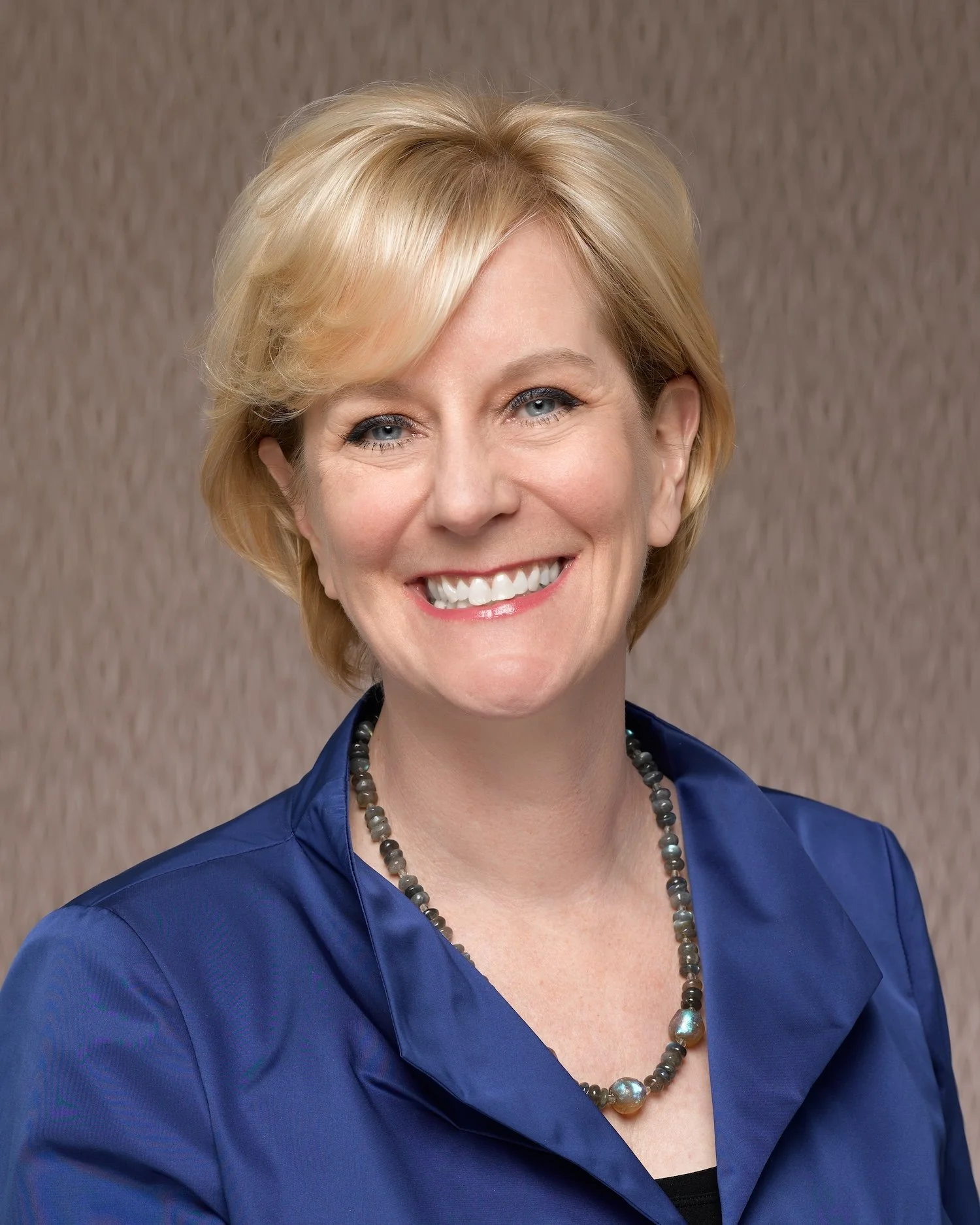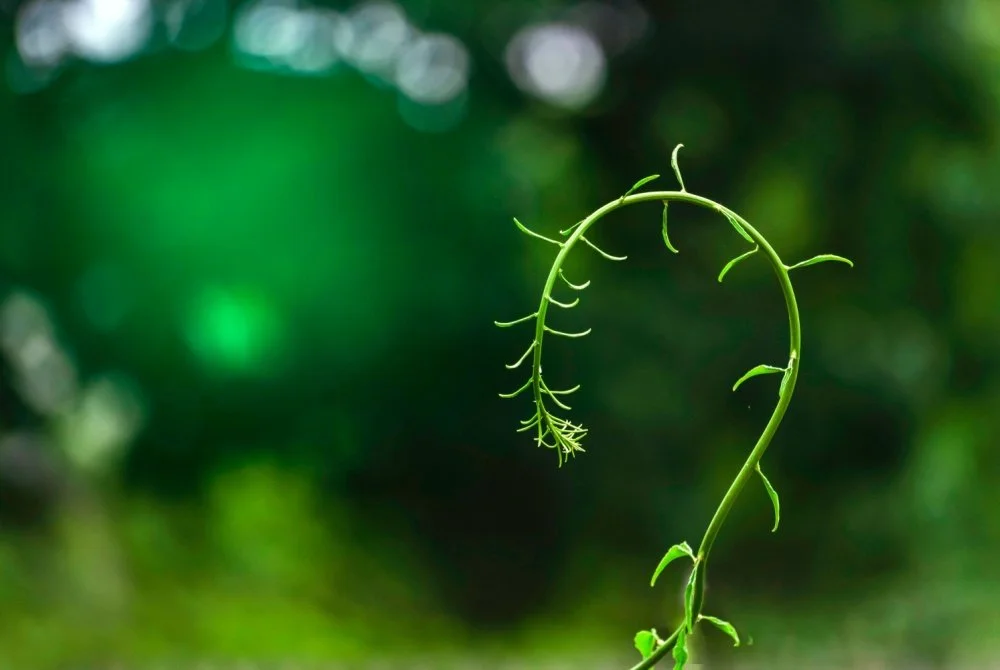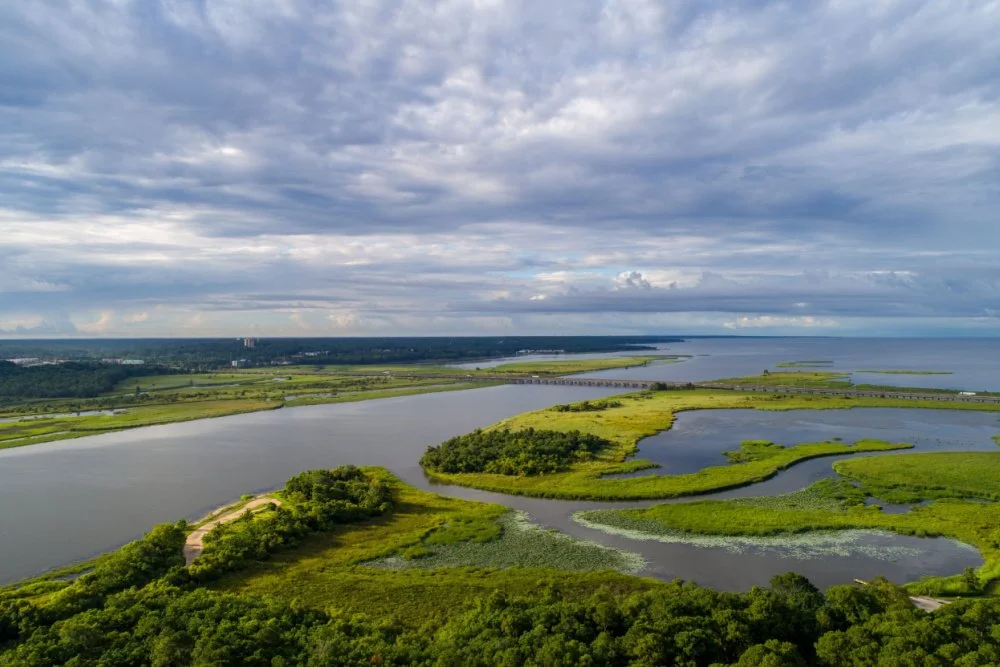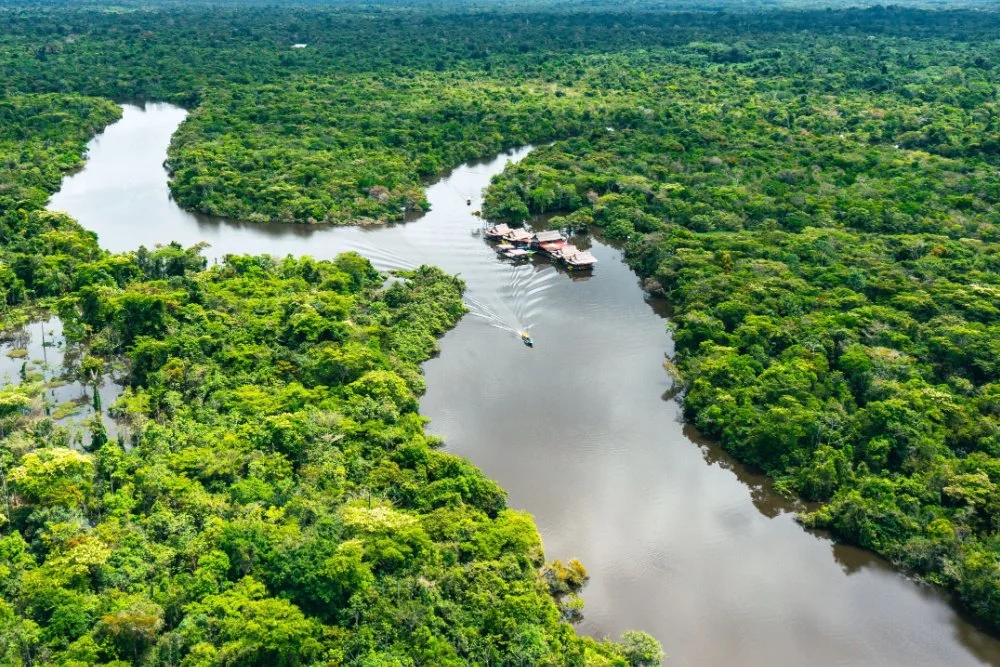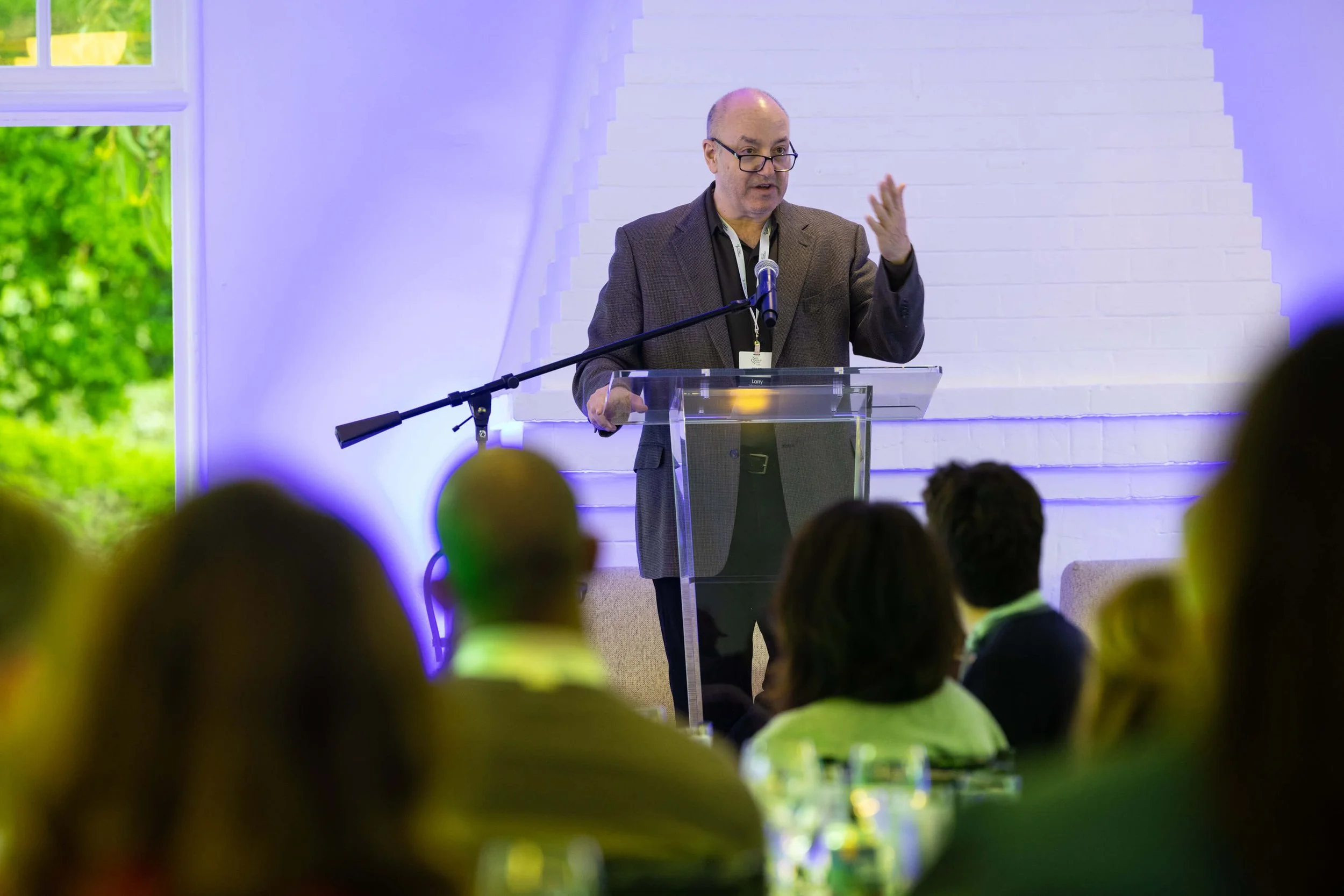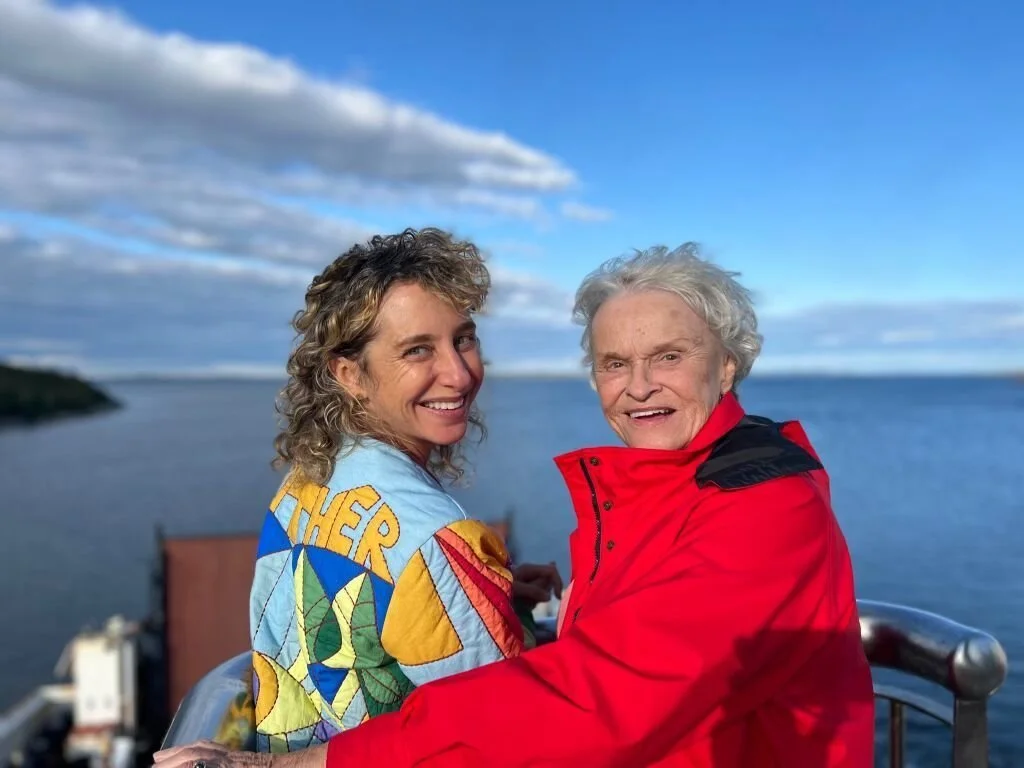Who's Backing Environmental Leaders from Diverse Backgrounds?
/Photo: yuris/shutterstock
Philanthropy and environmentalism are generally very white spaces, and efforts to diversify the movement have been characterized by one influential report as “lackluster.” But there is a set of foundations and nonprofits aware of just how important it is for the movement to not only reflect those most impacted by environmental issues, but also to follow their lead.
The Goldman Prizes come to mind, as does sustainable agriculture work happening at the Jessie Smith Noyes Foundation, the climate work of the Chorus Foundation, and a growing initiative at the Democracy Alliance, to name a few. The Green 2.0 initiative has been driving and documenting progress on this front, including a push for greater transparency among nonprofits and foundations.
Related:
- New Fellowships Take on Lack of Diversity in Environmentalism and Philanthropy
- A Funding Effort to Build a Stronger, More Diverse Climate Movement
- The Chorus Foundation Looks to Communities to Take the Lead on Climate
One such initiative working to back leaders from diverse backgrounds is the Bullitt Environmental Fellowship, which grants $100,000 across two years to grad students in the Pacific Northwest pursuing leadership positions in the environmental field. Faculty nominate students, and while anyone is eligible regardless of citizenship, nominees must be from communities that are underrepresented in the environmental movement. They also must be currently enrolled at a school in British Columbia, Washington State or Oregon.
The latest winner is Cornelius Adewale, a Ph.D. student at Washington State University originally from Nigeria, who is a rising star in sustainable agriculture research. Adewale has an inspiring story, growing up working on cocoa farms in a rural community, then becoming a star student of agriculture as an undergrad. He showed showed an incredible commitment to sustainable food production by turning down a job at global consulting firm Accenture to start up an organic farm, which he eventually grew to five acres.
Then, after Googling for organic agriculture programs, he relocated to attend grad school at WSU with just $6,000, hoping one day to help farmers in his home country adopt environmentally and economically sustainable food production practices. His research has involved accessible soil testing methods, models for environmental footprints of farming, and online tools for small farmers.
That’s just the kind of work the Bullitt Fellowship looks to support, as Adewale is using his unique perspective and dedication to shape environmental work that could scale to others facing similar challenges on the ground. Winners from previous years have focused on areas like mitigating conflict between people and wildlife, planning for disasters and climate change, and fighting water contamination.
This is something of a niche program for Bullitt, which, in the past few years, has favored grantmaking around sustainable cities and green building. But the relatively small funder is an active player when it comes to diversity in environmentalism; President Denis Hayes worked with Green 2.0 to encourage other foundations to share diversity data.
Improving statistics is certainly necessary, but as people like Adewale demonstrate, the importance of diversity is less about posting the right numbers than supporting leaders with powerful ideas and deep commitment who can make a big impact.
Related:


